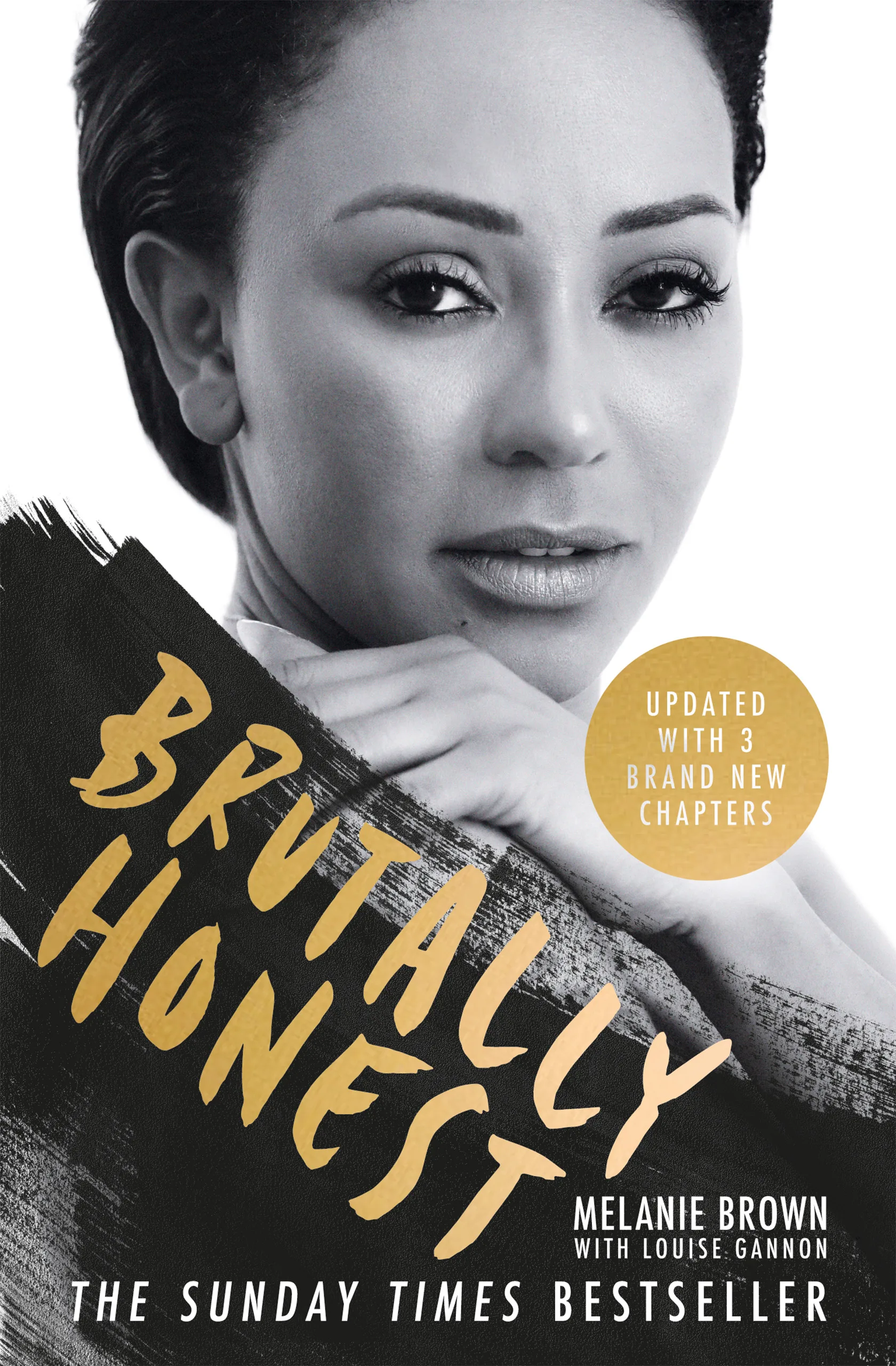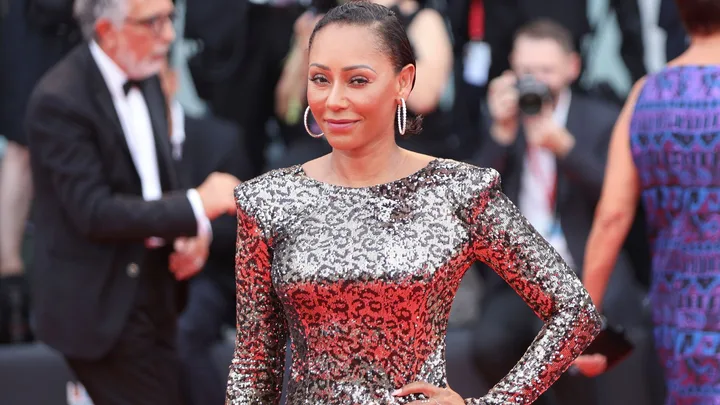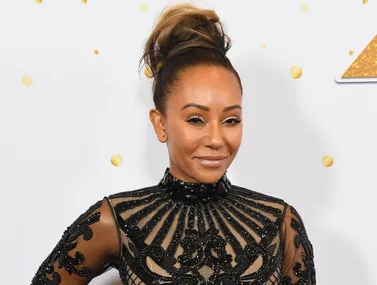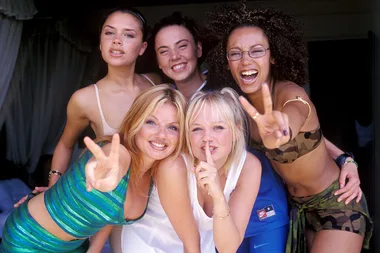There was a moment in 2019 when Melanie Brown – Mel B – felt truly, completely free.
It happened in Bristol; she was standing on stage wearing a pair of handmade leopard-print platform boots, in front of a crowd of 34,000 adoring Spice Girls fans, alongside her fellow band members Geri Halliwell, Melanie Chisholm (Mel C) and Emma Bunton. It was raining heavily, and the stage was slippery.
Brown saw the opportunity and ran with it, quite literally. She raced across the drenched stage, throwing her hands in the air and splashing through puddles in her handmade boots. “I feel like I’m flying, completely free,” she said, describing the liberating moment.

It had been a long time in the making. For the Spice Girls, their 2019 shows came more than a decade after their last tour in 2008. For Mel B personally, the band reunion came after the end of an abusive marriage, a Post-Traumatic Stress Disorder (PTSD) diagnosis and the release of her powerful memoir, Brutally Honest. Her dramatic run across the water-logged stage wasn’t just a moment of spontaneity, it was a message. “I did it. I’m free,” she said.
The moment of triumph would have made for a happy ending, but Brown’s story was far from over. She may have won the battle for her freedom, but the war was still raging. What came next, no-one could have predicted. In the British autumn of 2023, Brown hit rock bottom. She’d been there before, but this time was different. She was scrunched into a shaking ball in the upstairs room of her Leeds home; crying uncontrollably, desperate and distressed. “Please, Melanie, you have to have proper help,” pleaded her supportive fiancé, Rory McPhee.
She’d heard those words before, but this time was different. She knew her partner was right. She knew she couldn’t go on as she had been. In the hours that followed, she reached out to her inner circle and spoke to a family therapist who recommended a clinic specialising in extreme trauma.
It was here – at a facility on an island in the Balearics – where Brown underwent electro-cranial magnetic therapy. As a part of her treatment, an electric current generated by a high-tech transcranial magnetic stimulation machine sent shockwaves through her brain in an attempt to rewire thousands of neurons “battered by years of extreme trauma, by depression I couldn’t admit to and anger I couldn’t shake.”
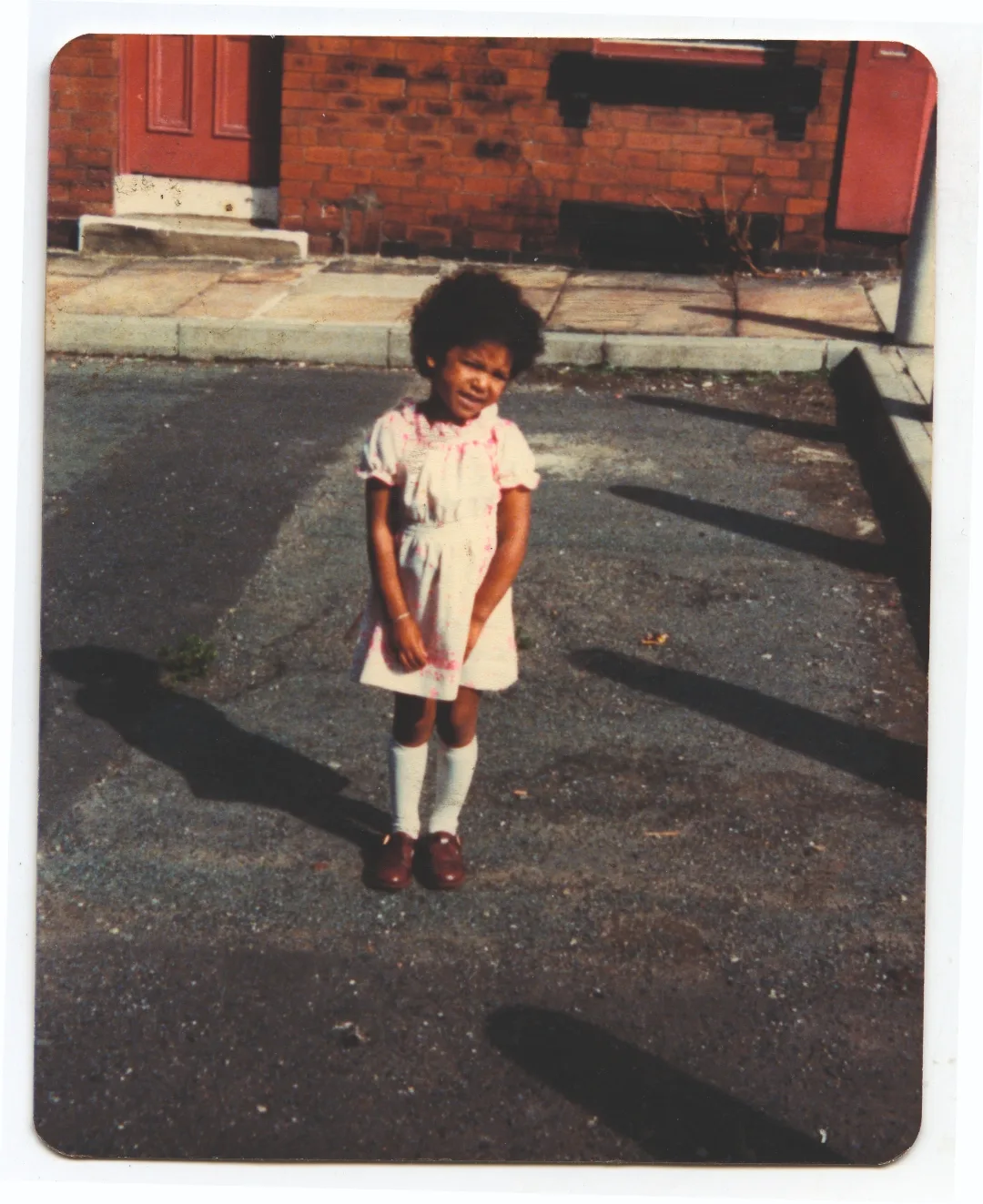
It had been six years since Brown had escaped her abuser, but in many ways she was still trapped by him. Even when she was gliding across the rain-soaked stage in Bristol, she wasn’t really free. “When you leave an abuser, the abuse that you’ve endured – whether it be physical or mental – doesn’t just go away,” Brown tells marie claire from her home in Leeds.
“You have to start from scratch, to learn how to be kind to yourself, to remember how to choose your own clothes, to rebuild your self-esteem; because the person you loved and trusted left you on the floor with nothing, no hope, no self-worth. Just guilt and pain – a lot of shit.”
Trauma leaves a stain, no matter how hard you try to get rid of it. “I can understand why it takes women six or seven times to leave their abuser. I went back a lot of times because I was blackmailed. There’s also the fear of leaving, and the courage and strength it takes to get out. It’s absolutely gruelling,” reveals Brown, now 48, who is still linked to her ex-husband because he has custody of their daughter, Madison, 12, in the United States.
“It doesn’t just end with you, especially if there’s kids involved, it’s ongoing. I’ve been dragged through the courts since 2017 … that’s an unfortunate ramification of me leaving my abuser.”
This is Brown’s reality. She’s facing it with the understanding that she will never truly be free of the past. “I can’t undo or erase what’s happened, all I can do is try to understand it,” she says. “Trauma stores itself in your head and your body. Whether the abuse happened five years or five minutes ago, it still affects you. I know I’m going to have to live with my abuse, to walk side by side with it. It will never leave me.”

Brown still jumps when she hears a door slam, but she doesn’t shrivel up like she used to when someone yells or screams. “I know I’ve come leaps and bounds in many ways, but it’s
an ongoing process. I’m in a much better place than I was a year ago, but I still have massive down days,” she admits. “I have to remind myself that I am taking small steps forward.”
In her journey towards understanding and healing, Brown has ventured down different avenues: counselling, EFT tapping, meditation, eye movement desensitisation and reprocessing (EMDR) therapy, reiki, crystals, and the aforementioned electro-cranial magnetic therapy.
“None of these therapies will take the trauma away, but they can help to minimise the effect it has on your brain and body,” says Brown, who is a patron of Women’s Aid, a domestic violence charity in England. “I’m always campaigning for more understanding because people still don’t fully understand domestic abuse or coercive control.”
By sharing her story, Brown stands in solidarity with other survivors. She is living proof of the fact that domestic violence doesn’t discriminate; it can happen to anyone. It doesn’t matter if you’re wealthy, successful, famous or a goddamn Spice Girl. As someone with lived experience, who is an advocate for change, Brown wants women to know the warning signs of abuse. She includes a list of red flags at the end of her book, which she wrote with Louise Gannon.
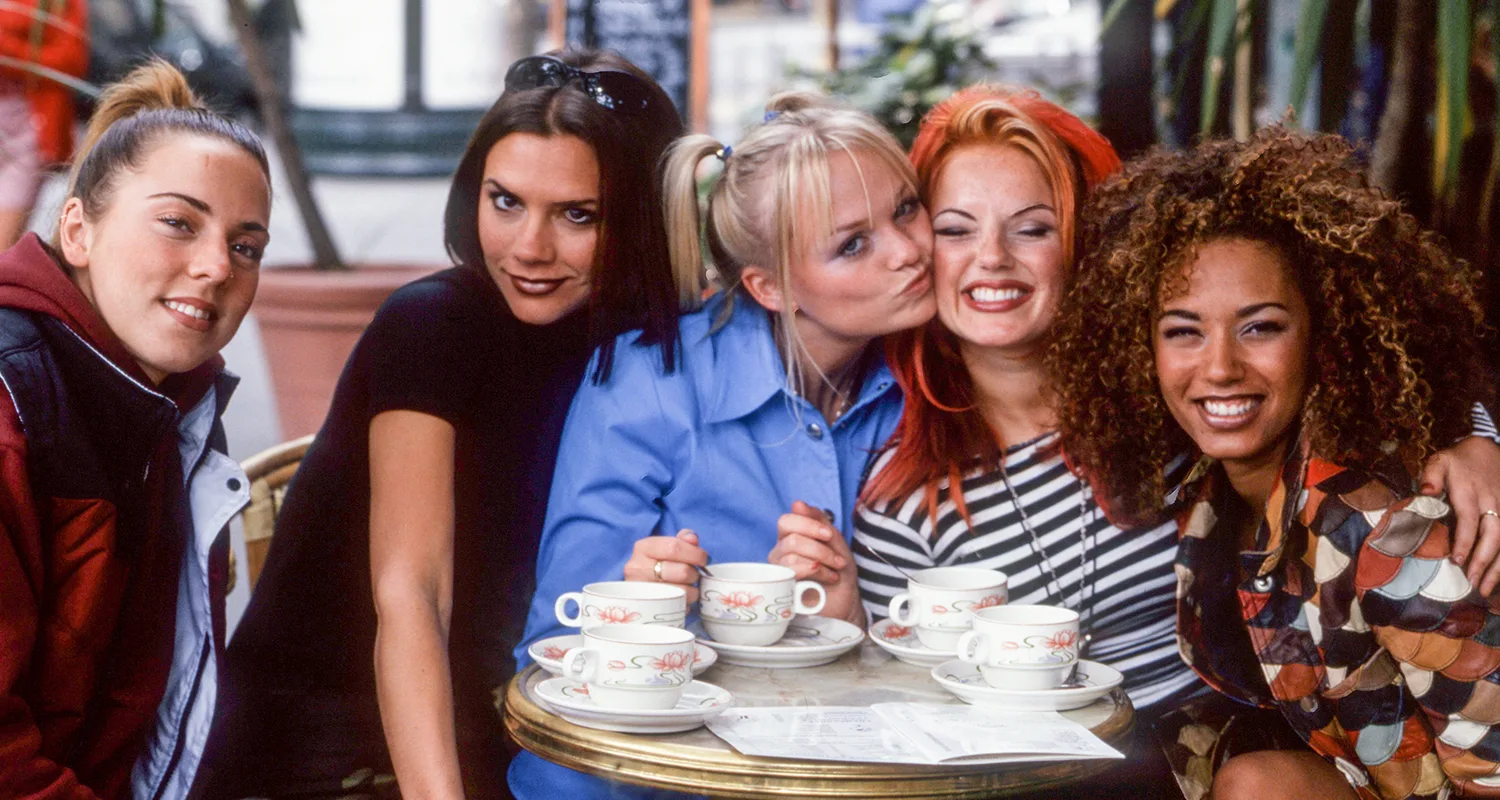
Some of the signs of an abusive relationship can include a partner who: tells you that you can never do anything right; discourages you from seeing friends or family members; insults, demeans or shames you with put-downs; controls your money; prevents you from making your own decisions; looks at you or acts in a way that scares you; prevents you from working or studying or making your own decisions; threatens to harm or take away your children; destroys your property; intimidates you with guns, knives or other weapons.
“The response to the book [released in November 2018] was unbelievable,” says Gannon. “The head of Women’s Aid said it was the most realistic version of abuse they’d ever read. People feel that her story is their story. This is the continuation of this story.”
Fittingly, the new chapters in Brown’s memoir (released in early March this year) are collectively titled “Rising from the Ashes.” Brown has seen her life burn down around her, she’s felt the force of the flames, and now she’d rebuilding with a new sense of purpose.
At home in Leeds, Brown is putting herself back together with her middle child Angel, 16, two rottweilers, and her fiancé, McPhee. Brown and McPhee’s love story started back in 2019, when she returned to England to rehearse for the Spice Girls’ tour. But the two have been in each other’s worlds for a lot longer. McPhee is best friends with Brown’s cousin, he knows all her family and spent time with her late father, who passed away in 2017.
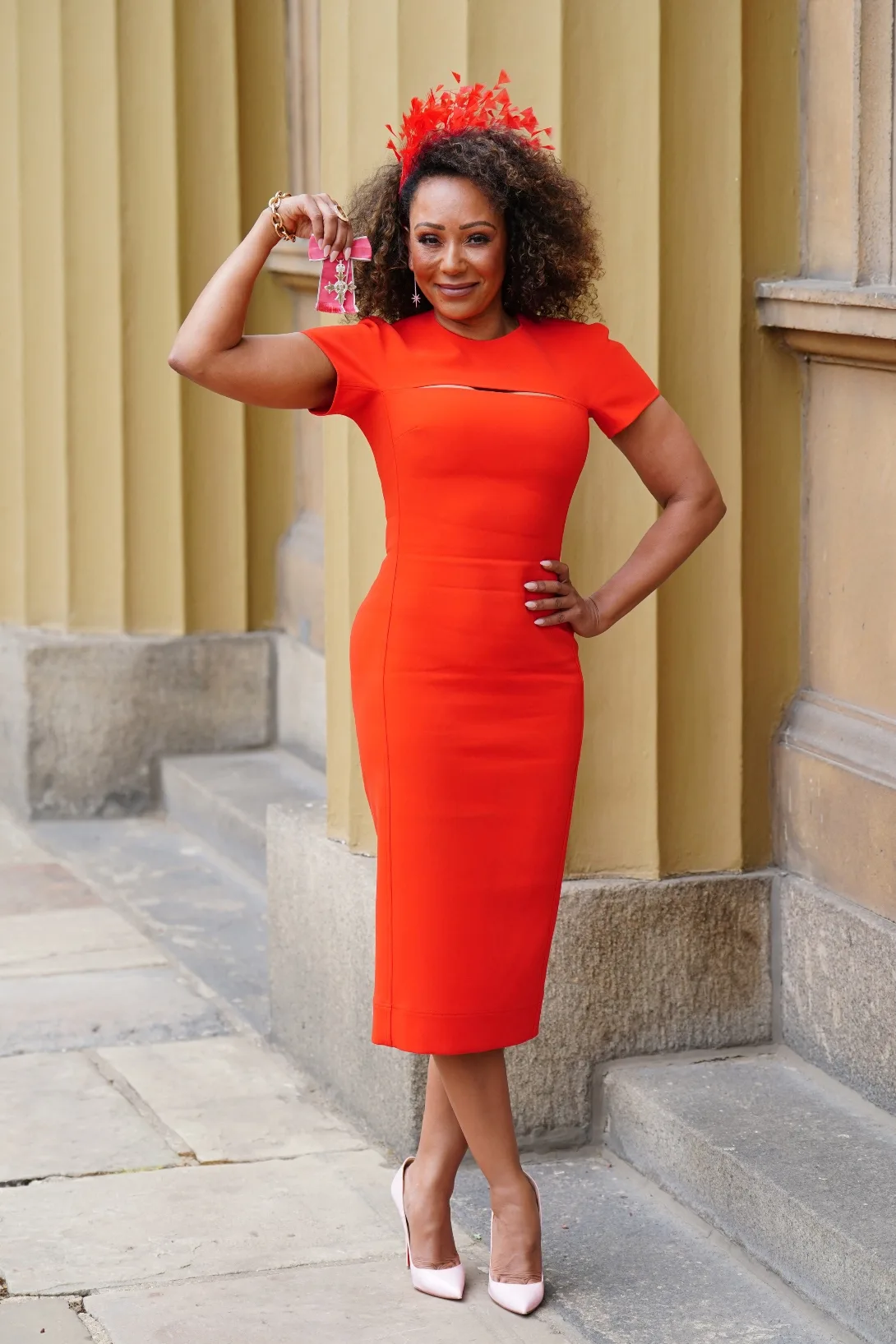
It was McPhee (a hairstylist) who Brown turned to when she got back to her homeland, with dry, brittle and damaged hair from years of over-dyeing and straightening by hairdressers with no knowledge of African hair. He sorted out her mane, and “made me feel cared for and like myself”.
“I’m proof that you can come back, bit by bit, and remember who you were before the abuse,” says Brown.
This is who Melanie Janine Brown is: she is the daughter of a welder and a department store worker, she is a member of the biggest-selling female group of all time, she is an in-demand talent-show judge, and she is a mother of three. She is Scary Spice. She is defiantly, unapologetically and authentically herself.
Soon, Brown will be a wife again. This year, she will marry McPhee (in a dress designed by fellow Spice Girl-turned-fashion-icon Victoria Beckham). The much-anticipated wedding will happen at St. Paul’s Cathedral, the same London church where Princess Diana and then-Prince Charles were hitched in 1981. It’s an honour reserved for a select few, including Brown, who was awarded a Member of the Order of the British Empire (MBE) in 2022 for her charity work. “I never thought I would get married again. I was very anti relationships [before McPhee] because I was trying to protect myself,” admits Brown, who is excited for all that is to come.
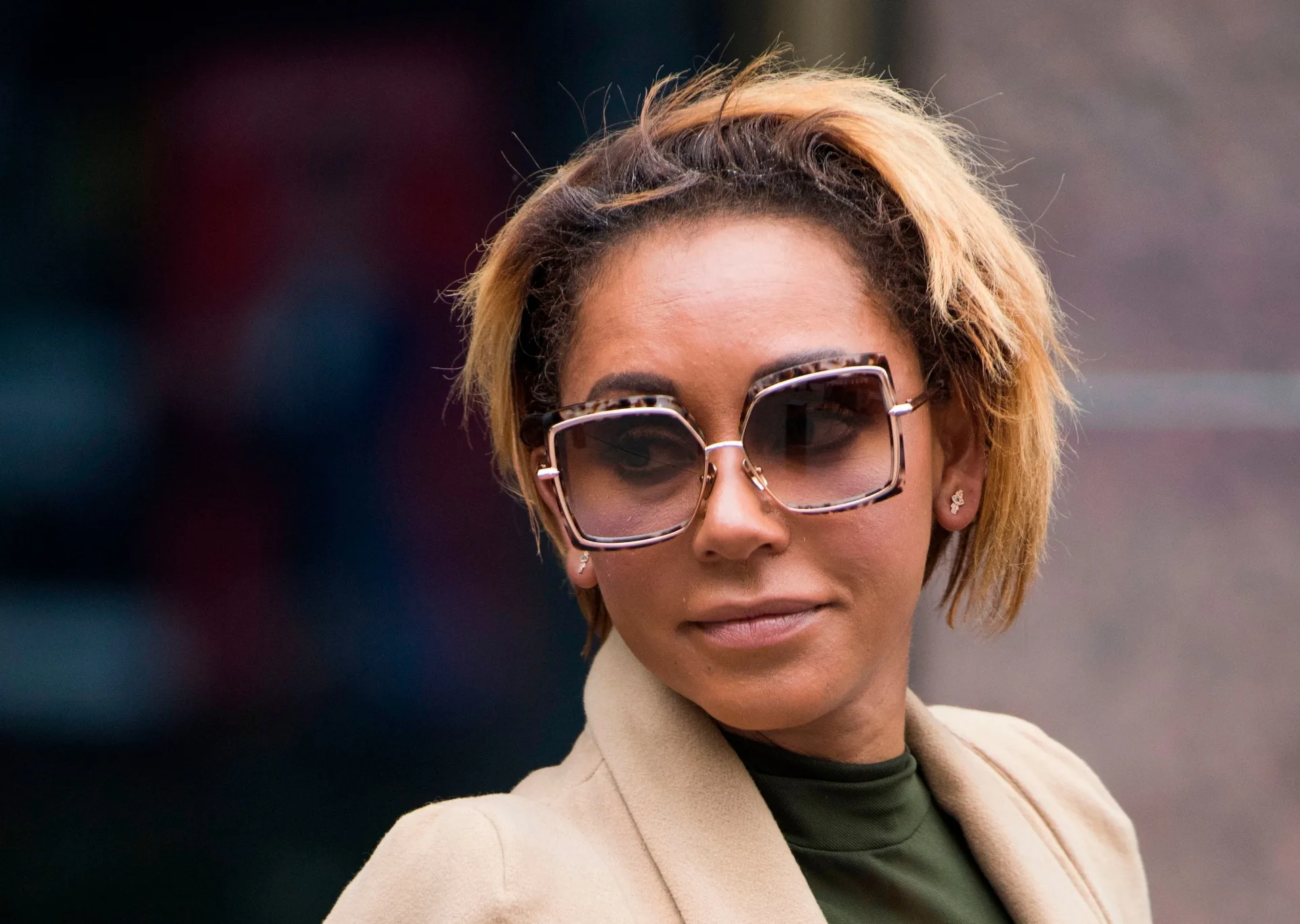
That includes more time in Australia on the panel of reality TV singing competition The Masked Singer and – she promises – a Spice Girls reunion. “The Spice Girls will all be out there, all five of us together again – yes, I’m saying it – it will happen,” Brown writes in her book. “We’ve been talking and doing our meetings, and we’re just like the five silly teenagers we were [when we started out],” she tells us. “It’s lovely to think that all five of us have come to a place where we can laugh and cry together, and annoy each other and know that we’re all working towards something pretty spectacular.”
There’s a warmth in Brown’s voice when she speaks about anything Spice. “Obviously when I’m walking in a supermarket [and I hear a Spice Girls song playing], I try to hide in an aisle, but it does put a pep in my step. I start to walk around the supermarket all proud and happy. I love it,” she says. “We started this band in our late teens and early twenties and to think that our music is still being played is amazing.”
The Spice Girls’ legacy is a testament to all five members – and the undying force of girl power. “For 10 years my girl power got crushed and lost along the way, but I’ve got it back,” declares Brown. “I want to be remembered for my girl power, because that’s who I am inside and out.”
Brutally Honest (updated version) by Melanie Brown with Louise Gannon (Hardie Grant, $24.99) is out now.
